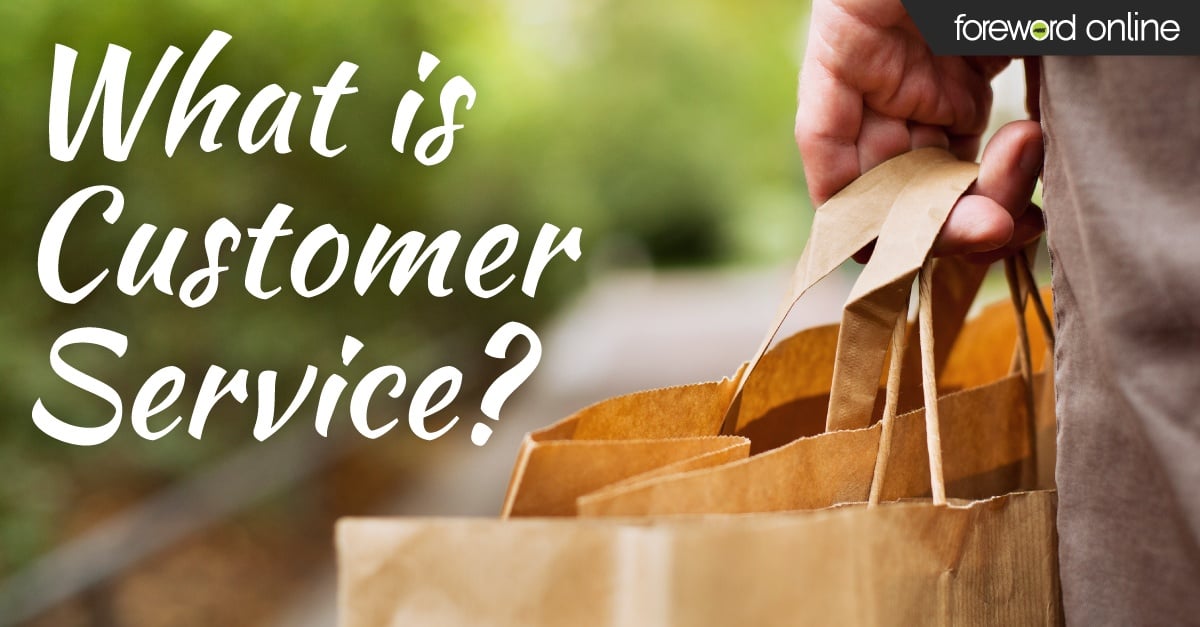Discovering what satisfies customers can be as simple as self-reflection. Young and old, we want courteous, swift service that meets a need, slakes a thirst or fulfills a desire. We also want shopping to be fun, and we want associates to be personable and informed. However, knowing when and how a customer experience has gone awry is complicated.
I recently bought clothes at a chain retailer. As the receipt unfurled from the register, a familiar dialog ensued.
“If you want to go online and take our survey, you can qualify for 10% off next time you come in.”
“Okay,” I said. Liar, I thought. That’s the last thing I’ll ever do.
I had noticed problems: Messy clothing racks, understaffed registers, a PIN pad that didn’t take chip cards. Indeed, the survey was the first sign the store cared about customer experience — and, instead of warming my heart, it bothered me. Just getting out the door felt like work enough. I wasn’t going to add labor by way of taking a survey — especially not for a measly 10% off.
Unhappy customers don’t pipe up — at least not to the retailer. Happy customers might pitch in, but they won’t offer insight about what needs to change.
Survey-aversion is not unique. Shoppers dislike this method of collecting feedback, according to Forbes. Studies show well over half of customers — 66% — say they prefer reaching out to retailers themselves. Almost three-quarters say the surveys interfere with their online experience.
It’s unwise to burden customers with a survey request at check-out — either online or at the register. It adds an irritant to an otherwise flawless encounter, or in cases like the one I described, compounds a negative experience. It’s like giving a customer homework.
Nevertheless, retailers aren’t without options when it comes to studying what keeps customers happy. Big data offers some insight — along with the knowledge you glean from your day-to-day interactions with students.
Big Data
A company called Temkin Group ranks customer experience at 331 companies across 20 industries each year. To derive the rankings, the company interviews 10,000 customers about their experiences in three categories — success, effort and emotion — then grades each business on a scale of 0 to 100%.
Regarding industries, supermarket and fast-food chains fared best in the 2017 study, though retailers also received an above-average “good” ranking of higher than 70%. Unsurprisingly, health plans and TV/internet service providers fared worst — earning a below average “poor” rating of less than 60%.
Grocery store chain Publix topped the list with an 84% and fast-food restaurant Chick-fil-A landed the No. 2 spot with an 83%. The highest ranked retailers were QVC (81%), Ace Hardware (81%) and BJ’s Wholesale Club (81%). Second place in the retail category went to Sam’s Club (80%).
Chick-fil-A generates more revenue per restaurant than any other fast food chain. It also spends more than any other fast food chain on employee training, though it pays only slightly more than the industry average of $8.26 per hour according to PayScale.
These data affirm much of what we already suspect about service: Good service is good business. Keep customer experience informed, friendly and fast. Investment in training pays off. Little things make a big difference.
Chick-fil-A is known as the politest chain in fast food. One study showed its employees say please and thank you at a rate about 20% higher than much larger fast-food chains. Ace Hardware is known for offering old-fashioned in-store expertise — the kind many of us don’t expect from larger chain stores.
Personal Relationships
The large-scale studies point to the necessity of spending time on the sales floor, talking to customers and getting to know their needs. This, more than any Survey Monkey feedback will allow you to hear customer concerns, complaints, ideas and interests. And it allows them to share with you. It also lets you offer your expertise with regard to major purchases like textbooks, electronics and other major investments.
The Temkin study shows the stores and restaurants that capture customers’ hearts are the ones where associates establish real connections with visitors. You don’t have to devote hours to developing questions customers won’t want to answer. All you have to do is enjoy your customers’ surprise when they hear the words please and thank you for the first time in a long while.






